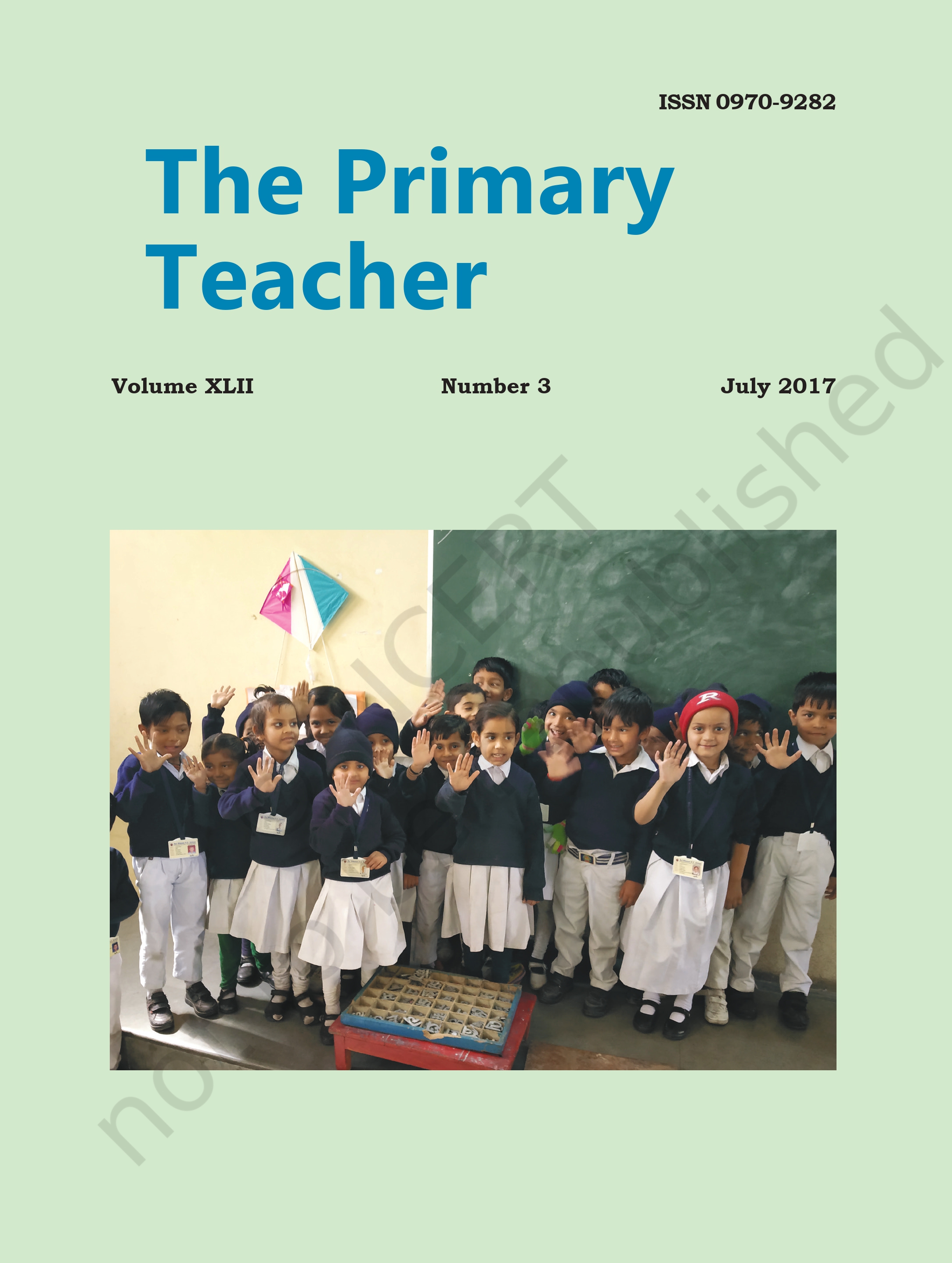
Published 2024-12-05
Keywords
- Kumhar,
- academic mathematics,
- inguistic diversity
How to Cite
Abstract
Ethnomathematics refers to the relationship between mathematics and culture. Different cultural and ethnic groups have their specific ways at practical mathematics. People, belonging to these groups, unconsciously apply varied mathematical skills in their daily lives without realising their importance. The Position Paper of the National Focus Group on Teaching of Mathematics published by the National Council of Educational Research and Training (NCERT), New Delhi, states that in Indian villages, it is common that people, who do not attend formal school, apply different mathematical practices or modes (mental maths) in their day-to-day lives. These mathematical practices at the local level may be treated as indigenous, oral (Vedic), hidden (frozen) and folk in nature. This paper provides a conceptual framework of ‘ethnomathematics’. It discusses how ethnomathematics, as a sub-field of mathematics education, deals with cultural diversity. It underlines the relevance of ethnomathematics as an approach of teaching–learning of mathematics through traditional activities performed by people, belonging to the Kumhar community (who traditionally practise pottery).
